Microsoft’s Activision Trial: Key Details
The Week-Long Court Battle Between Microsoft and the FTC
The week-long court battle between Microsoft and the United States’ Federal Trade Commission (FTC) has come to a close, with the FTC delivering its closing arguments on Thursday. Let’s delve into the key details of this high-stakes trial that has captivated the tech and gaming industries.
The Background
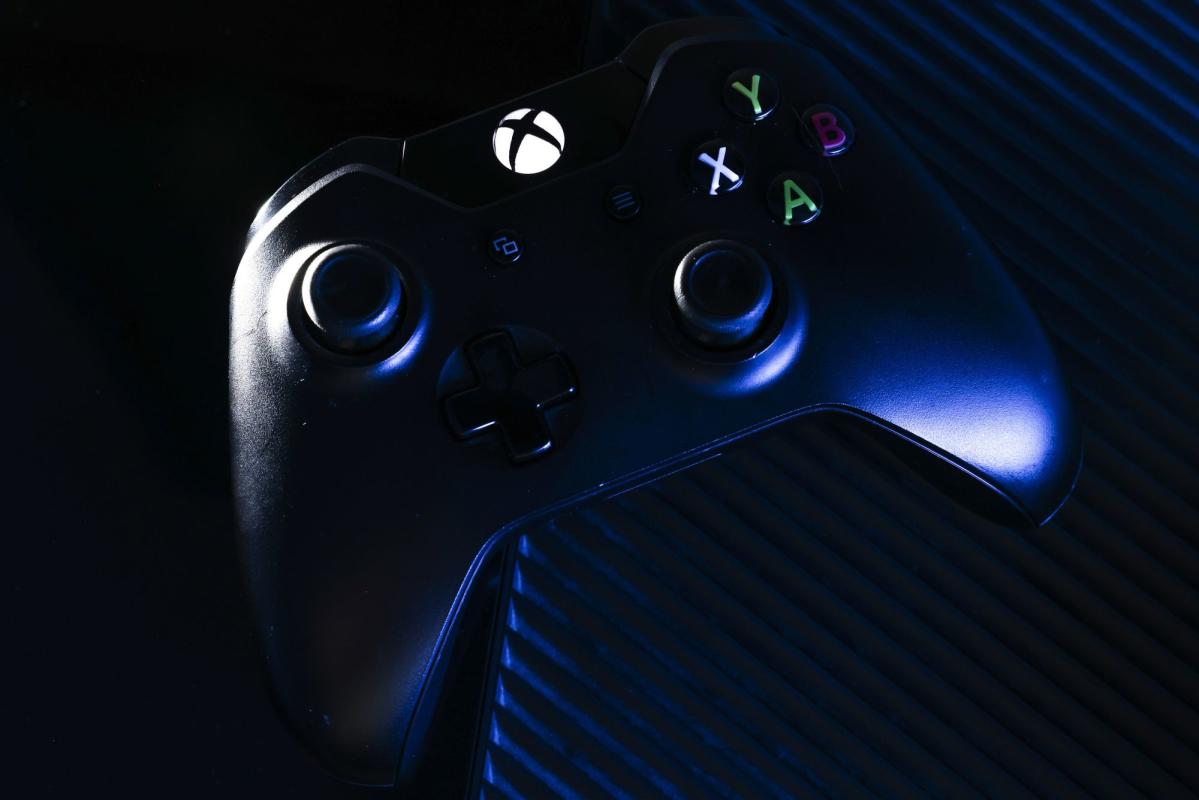
In December last year, the FTC announced its plans to block Microsoft’s massive $68.7 billion purchase of Activision Blizzard, one of the leading gaming companies in the world. A federal court in California issued a temporary restraining order last week, effectively halting the deal for now.
The Preliminary Injunction
The FTC is seeking to impose a preliminary injunction on Microsoft and Activision Blizzard, which would prevent the completion of the acquisition while the FTC’s review of the transaction’s compliance with U.S. antitrust law is ongoing. This injunction could significantly impact the companies’ plans, as the deal needs to close by July 18, 2023.
The Evidentiary Hearing
An evidentiary hearing between Microsoft, Activision Blizzard, and the FTC is scheduled for August 2, occurring after the July deadline. This hearing will play a crucial role in determining the outcome of the trial and the future of the acquisition.
Key Developments from the Trial

Xbox’s Exclusive Game Strategy
During the trial, it was revealed that Xbox head Phil Spencer made the decision in November 2021 to make all upcoming games from ZeniMax/Bethesda studios Xbox exclusive. This strategic move has caused a stir within the industry and may have long-lasting impacts on the gaming landscape.
Regulatory Disputes
Xbox’s claim that worldwide regulators support the acquisition was challenged by a Canadian regulator. The regulator sent a letter to Microsoft disputing these claims, raising further questions about the deal’s regulatory approval.
Unmasking Xbox’s Practices
This trial has shed light on Xbox’s practices and brought Xbox under scrutiny like never before. It has the potential to reshape how the media and consumers view the video game industry, prompting a closer examination of its practices and policies.
Testimonies and Revelations
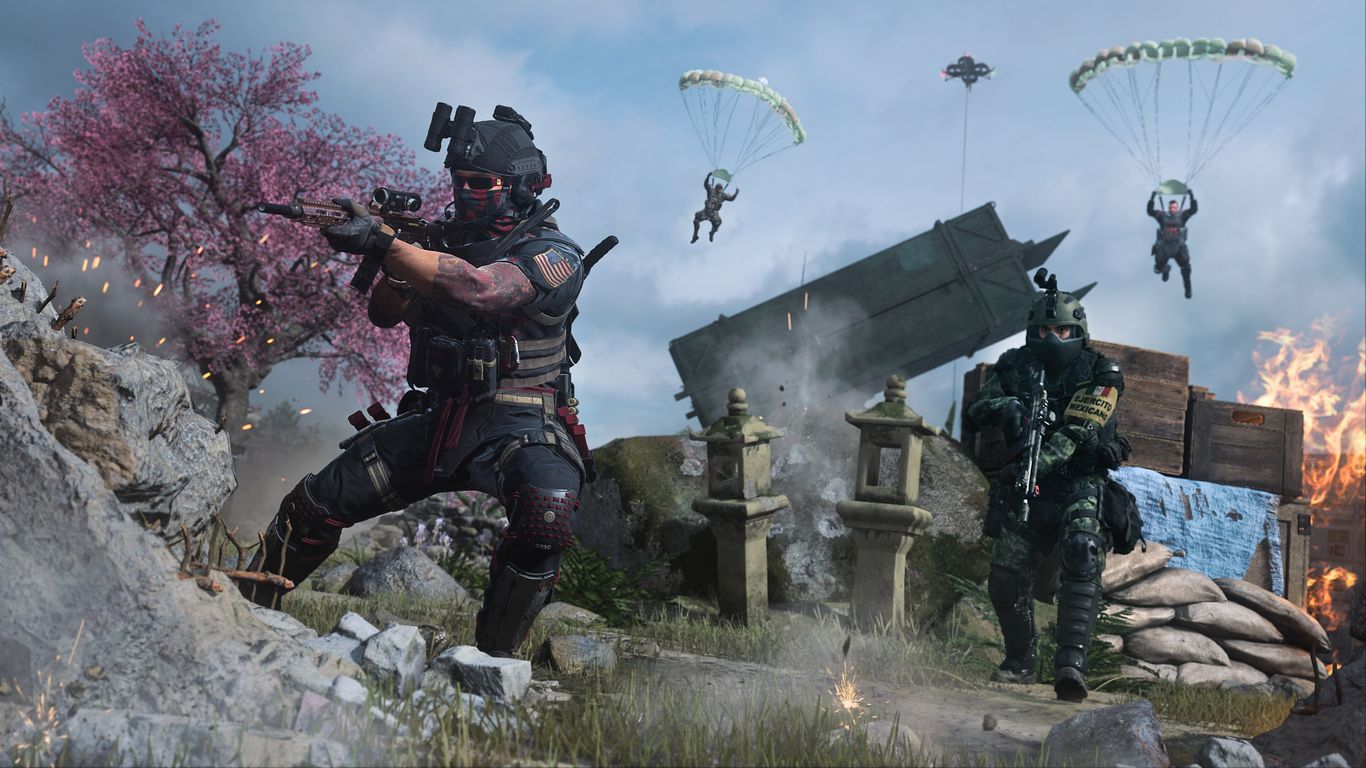
CEOs Take the Stand
Bobby Kotick, CEO of Activision, and Satya Nadella, CEO of Microsoft, gave testimonies during the trial. Kotick discussed the impact of making Call of Duty an Xbox exclusive, while Nadella expressed his stance on console exclusives and their role in the competitive market.
Key Financial Insights
Internal documents from Sony’s Jim Ryan revealed that Call of Duty generated over $800 million in the United States alone for PlayStation’s business in 2021. Additionally, the budgets for two AAA PlayStation titles, The Last of Us Part 2 and Horizon Forbidden West, were disclosed, showcasing the substantial costs involved in developing these games.
Consideration of Acquisitions
Microsoft’s documents from 2019 indicated that the company had contemplated acquiring companies like Zynga, Sega, and Square Enix. These potential acquisitions were seen as opportunities to enhance the company’s Game Pass subscriptions and expand its presence in the gaming industry.
Sony’s PS5 Digital Edition and Apple’s Vision Pro
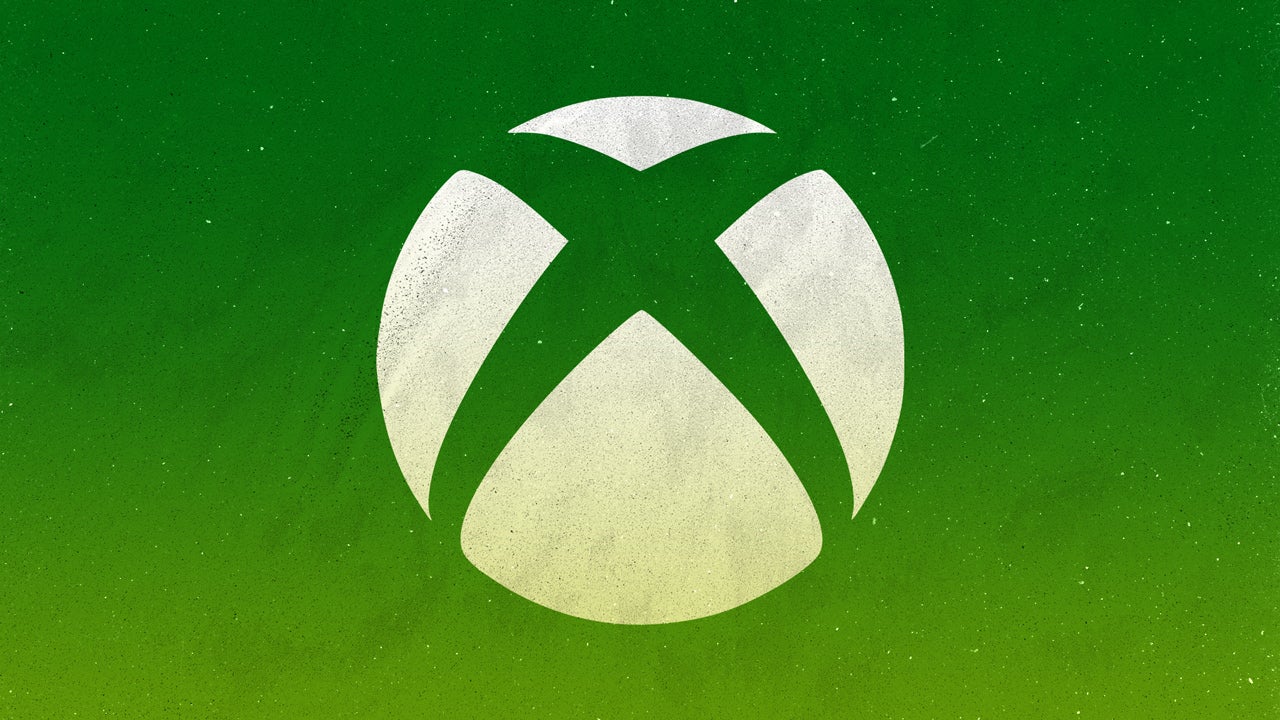
Sony’s Surprise Announcement
Sony revealed a digital-only version of its upcoming PlayStation 5 console during its recent event. This version, called the PS5 Digital Edition, lacks an optical disc drive, catering to customers who prefer digital gaming experiences.
Pricing and Design Complexities
Apple’s Vision Pro augmented-reality headset, set to release next year, faced production forecast cuts due to design complexities. This high-priced headset showcases the challenges manufacturers face in bringing innovative products to market.
Conclusion
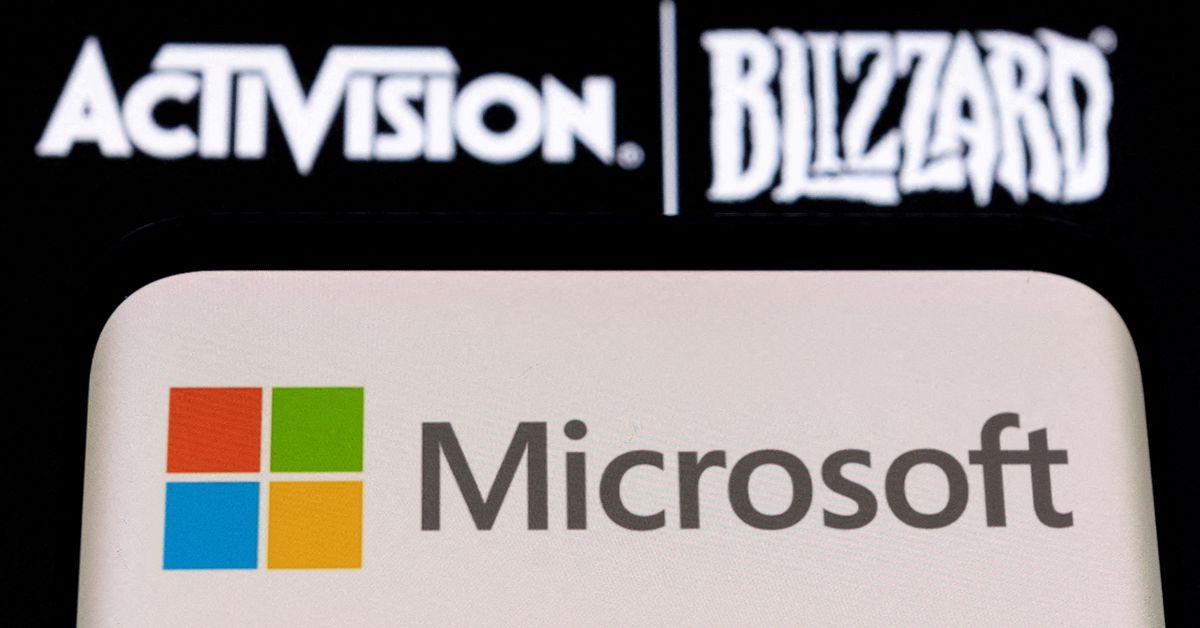
The Microsoft and Activision trial has offered a glimpse into the inner workings of the gaming industry and its major players. The outcome of this trial will have far-reaching consequences for the industry’s future and the strategies employed by companies like Microsoft and Activision Blizzard.
FAQs
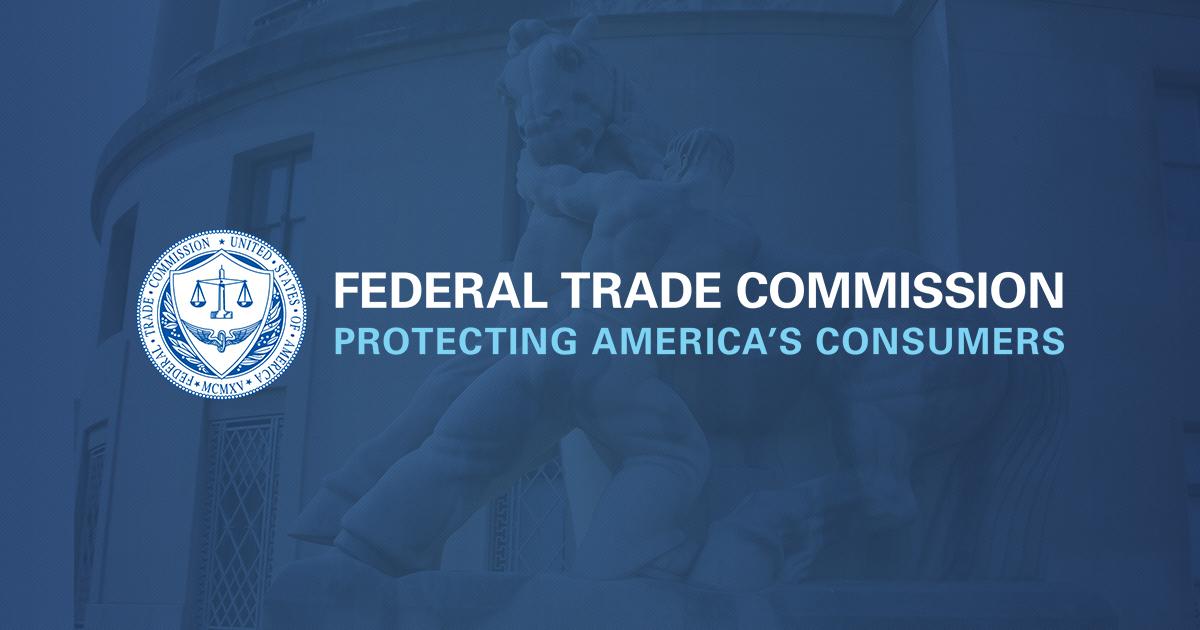
1. What were the key arguments from the FTC during the trial?
The FTC argued that Microsoft’s acquisition of Activision Blizzard would result in exclusive access to games for Xbox, potentially sidelining competitors like Nintendo and Sony’s PlayStation.
2. How did Microsoft address these concerns?
Microsoft proposed a legally binding consent decree, offering to provide “Call of Duty” games to rival platforms, including Sony, for a period of ten years.
3. What impact could Xbox’s exclusive game strategy have on the gaming industry?
Xbox’s decision to make ZeniMax/Bethesda studios’ upcoming games Xbox exclusive could reshape the gaming landscape and ignite discussions about exclusivity and competition.
4. What financial insights were revealed during the trial?
Sony’s internal documents disclosed that Call of Duty generated over $800 million for PlayStation’s business in the United States in 2021. The budgets for two AAA PlayStation games, The Last of Us Part 2 and Horizon Forbidden West, were also revealed.
5. How may Apple’s Vision Pro headset be affected by design complexities?
According to reports, Apple has had to make significant production forecast cuts due to design complexities with the Vision Pro augmented-reality headset.

